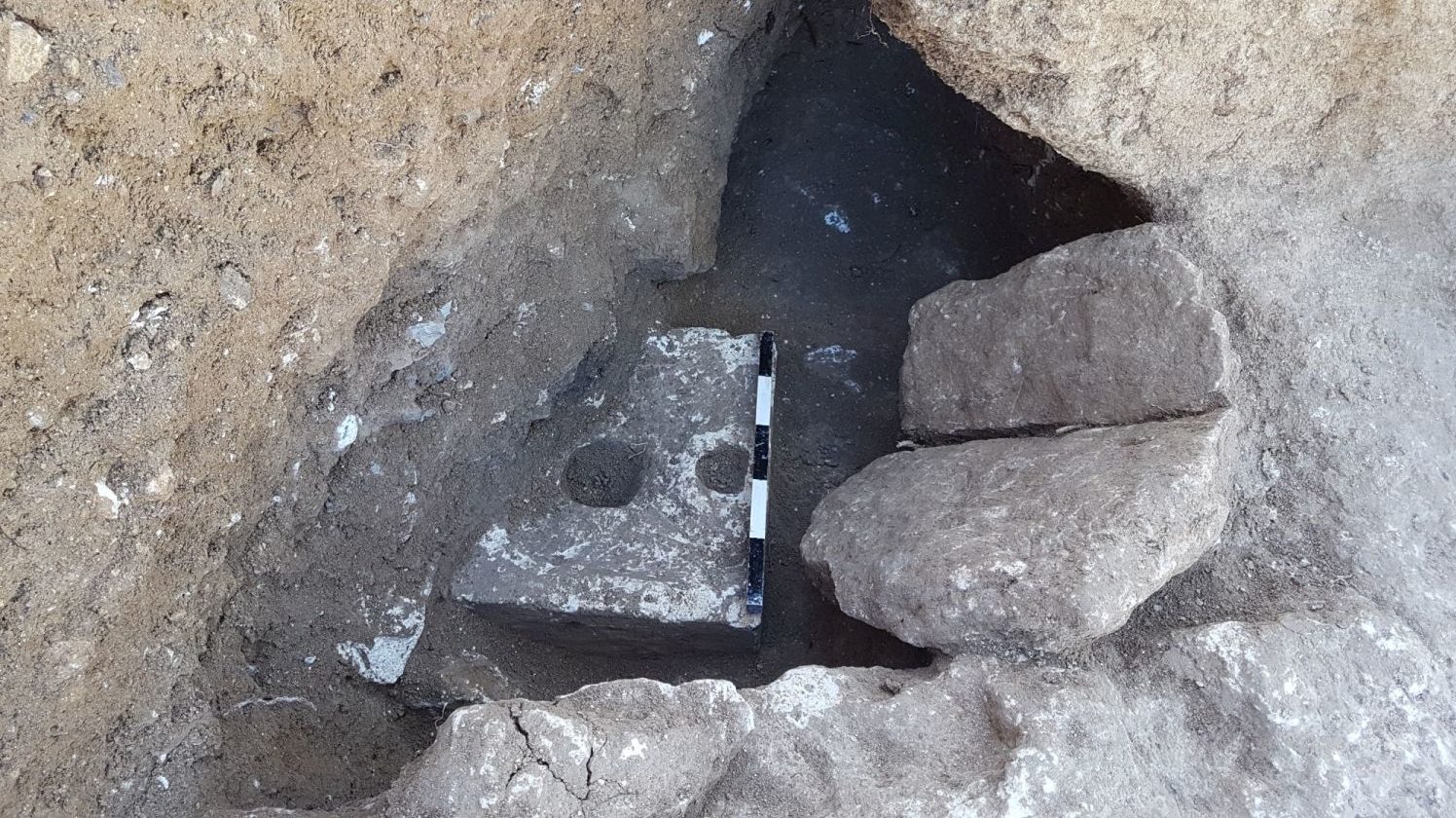Toilet From 1st Temple Period Shows Ancient Jerusalem Elite Had Infectious Disease
Upper-class residents of Jerusalem in ancient Israel suffered from intestinal parasites and their associated symptoms, including abdominal pain and diarrhea, malnutrition and developmental delays in children, according to a new study by Tel Aviv University and the Israel Antiquities Authority. The researchers studied the remains of 2,700-year-old intestinal worm eggs found in a cesspit beneath the stone toilet of a First Temple-era, or seventh-century BCE private luxury estate uncovered at the Armon Hanatziv Promenade in Jerusalem. The study was recently published online in the International Journal of Paleopathology and will appear in its March issue.
“The findings of this study are among the earliest observed in Israel to date,” said Dr. Dafna Langgut of Tel Aviv University’s Jacob M. Alkow Department of Archaeology and Ancient Near Eastern Cultures, director of the Laboratory of Archaeobotany and Ancient Environments at the Sonia & Marco Nadler Institute of Archaeology and the Steinhardt Museum of Natural History, who led the study. “These are durable eggs, and under the special conditions provided by the cesspit, they survived for nearly 2,700 years. Intestinal worms are parasites that cause symptoms like abdominal pain, nausea, diarrhea, and itching. Some of them are especially dangerous for children and can lead to malnutrition, developmental delays, nervous system damage, and, in extreme cases, even death.”
Langgut says that intestinal disease at the time might have been due to poor sanitary conditions that caused fecal contamination of food and drinking water. Or, it might have been due to a lack of hygiene awareness, such as a failure to wash hands. Other possible sources of infection were the use of human feces to fertilize field crops and the consumption of improperly cooked beef or pork. In the absence of medicine, recovery from intestinal worms was difficult to impossible, and those infected could suffer from the parasites for the rest of their lives.
Toilet facilities were extremely rare at the time of the First Temple and were regarded as a status symbol.


